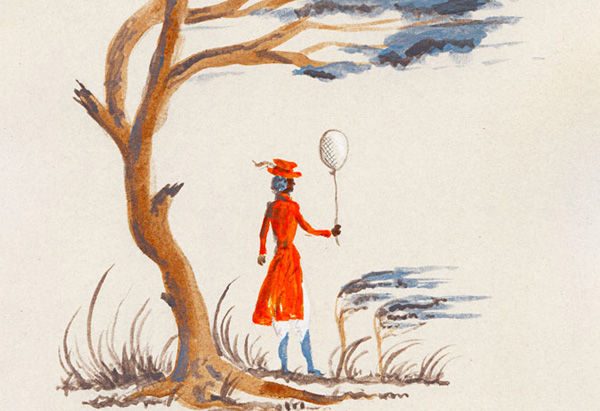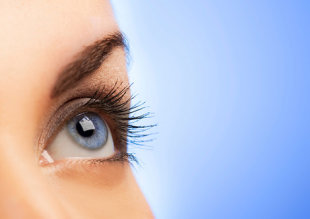 Illustration: Brian Cronin
Illustration: Brian Cronin
Some people think
of intuition as a mystical power. Skeptics write it off as a matter of
lucky guesswork. But scientists who study the phenomenon say it's a very
real ability that can be identified in lab experiments and visualized
on brain scans. Read on for gripping findings about your gut feelings,
plus surprising ways to tune in to your body's signals and tap the inner
powers of your mind.
Your Body
Research shows that our instincts often hit us first on a visceral
level, telling us what we need to know well before our consciousness
catches up. Here's what happens when your intuition gets physical.
Stress SOS
It's easy to tell something's afoot when your heart is
pounding, you're drenched in sweat, and your stomach is tying itself in
knots. But even if the shift in your pulse or perspiration is subtler,
your intuition may still be trying to deliver a message.
Last year Barnaby Dunn, PhD, a scientist at the Medical
Research Council in the UK, conducted a study in which he measured how
accurately subjects could count their heartbeats during timed intervals.
Then he asked them to play a game, turning over cards from four
different decks and winning or losing money based on the cards they
drew. What they didn't know was that the decks were rigged: Two had more
high-value cards, and two were stacked with losers. As the subjects
played, a sensor recorded changes in their heartbeats. After just a few
rounds, the monitor showed a dip in players' heart rates whenever they
went near certain decks. The body, not the mind, became aware of the
difference in the decks first—and Dunn found that some individuals who'd
been better able to measure their own heart rates performed better in
the game overall.
Scientists at the University of Iowa had performed a similar
study earlier, measuring the perspiration on people's palms. What they
found: Players started generating stress responses to the bad
decks—i.e., sweatier palms—within ten cards. Yet they didn't start
suspecting that the decks were rigged until they'd turned over about 50
cards, and not until 80 cards were they able to fully explain how the
decks were stacked. Their clammy hands were signaling suspicion long
before their conscious minds made the connection.
Tune In: You may be able to better follow your heart (and
your sweat glands) by practicing meditation. A 2005 study found that in
meditators, brain regions associated with sensitivity to the body's
signals and sensory processing had more gray matter. The greater the
meditation experience, the more developed the brain regions.
Double Vision
Human eyesight might seem straightforward: The eye receives
images, the brain processes them. But we actually have two vision
tracks—one conscious, the other intuitive—and as a result, the eye sees
far more than we generally realize. For instance, in a phenomenon known
as blindsight, people who have gone blind because of brain damage can
still navigate an obstacle course or identify emotion on a person's
face, even though they can't consciously see it. Their intuitive vision
track is receiving visual stimuli, even though their conscious vision
track isn't; they know what's around them—they just don't know how they
know.
Blindsight patients are an extreme example, but they
illustrate a phenomenon everyone experiences: We absorb and retain
visual information that doesn't penetrate our conscious mind. Joy
Hirsch, PhD, director of the fMRI Research Center at Columbia University
Medical Center, has shown that our brains react with anxiety to images
of faces expressing fear—even when such images are flashed so quickly we
have no idea we've seen them. "The amygdala, which plays an important
role in emotional processing, activates in response to these pictures
even when they're displayed for only 33 milliseconds—too fast to
register in our conscious awareness," says Hirsch. This reaction stems
from our earliest origins: When our ancestors confronted strangers,
those who quickly discerned the newcomers' feelings and motives were
more likely to survive.
Tune In: "We all process things that we're not consciously
aware of—it's a feeling of knowing that uses an older brain structure,"
says neuroscientist Beatrice de Gelder, PhD, who researches blindsight.
But because we're so dependent on our sense of sight, she says, we're
not used to trusting our intuitive vision track. "If you find yourself
in a situation that's making you feel nervous, you may have spotted a
reason for concern without even knowing it," says Hirsch. "Pay attention
to the sensation."




